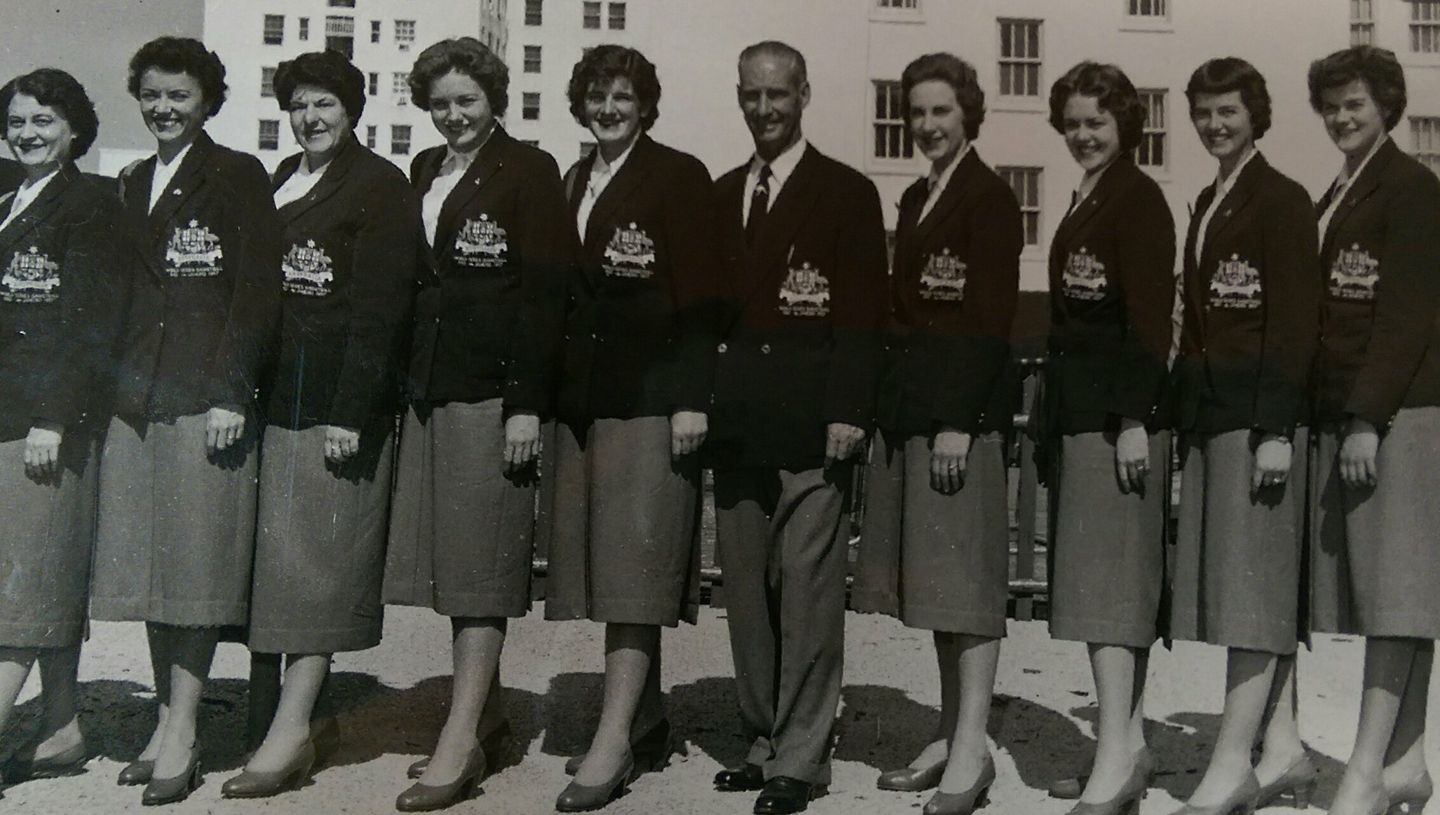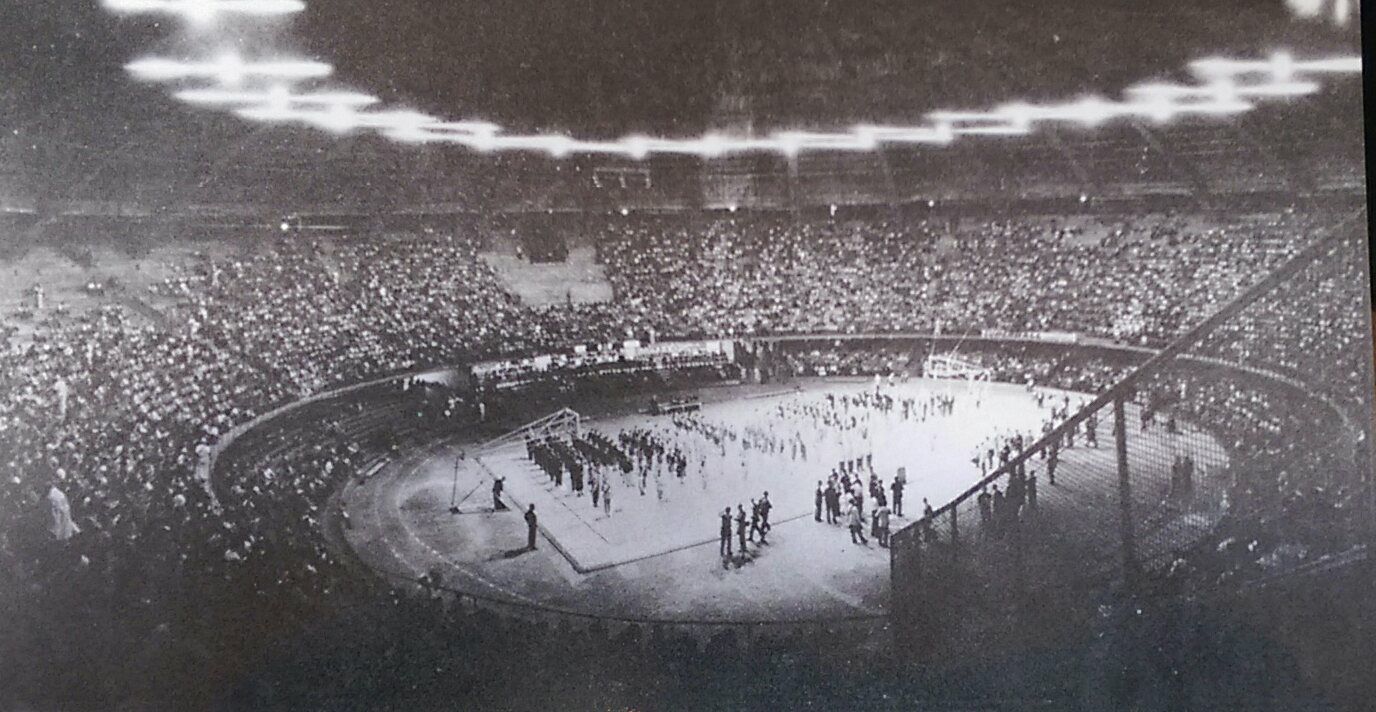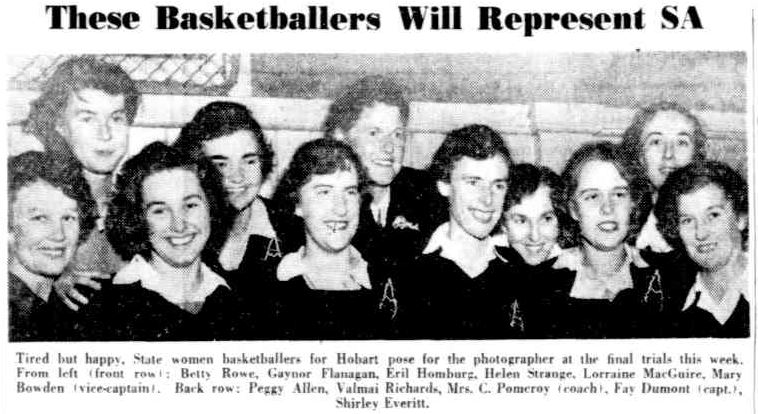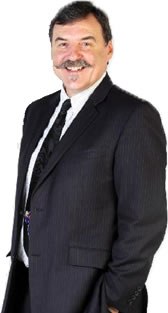Opals original rests in peace
TweetERIL Drennan, one of South Australia’s most outstanding sportswomen and an Opals pioneer, passed away this week in Adelaide, aged 81.
Drennan (nee Homburg) was a member of the first Australian basketball team to compete overseas when she was selected to represent the Opals at the 1957 FIBA World Championship in Brazil.
The Aussies were invited to attend FIBA’s second official “Worlds” but the then-sexist forerunner of Basketball Australia strongly opposed a women’s team playing internationally before the men!
Despite administrative opposition, a team was selected after the 1956 Australian Championship to represent the Opals. But it was going to cost each player to be involved. Star Victorian players such as Elaine Hardwick and Vivian Swanston were forced to withdraw because they could not afford the expense.
Drennan was one of South Australia’s five starters who all won selection for the four-and-a-half-month boat trip to Brazil, the least expensive way to travel.
OPALS 1957: Eril Drennan (nee Homburg), immediately right of coach Vern Thomas.
“We weren’t given any (financial or administrative) help to go,” recalled team manageress Joy Sheridan for my 1990 Book "High Flyers". “There was no money.
“We did it all with fund-raising and some of the girls took loans from finance companies so they could make the trip.
“But we were very proud of what we achieved. We were the first sporting (basketball) team representing Australia – men or women – to leave Australia’s shores.”
The journey began with the South Australian and Tasmania contingent travelling from Adelaide to Sydney by train, then sailing aboard the Wanganella to New Zealand.
The team dazzled local crowds with exciting displays in Hamilton and Wellington before boarding the Rangitata for the cruise to Curacao.
It was supposed to be an aeroplane leg from there to Rio but the plan developed engine trouble and lumbered into Belem on the northernmost tip of Brazil.
“We bedded down with everyone in one room, thinking the problem would be rectified overnight,” Sheridan said.
The new engine took four days to arrive.
“They were very happy to see us when we arrived in Rio,” Sheridan said.
The USA won the World Championship, beating the Soviet Union 51-48 in the Final.
Australia finished 10th out of the 12 competing nations but the crowds of upto 26,000 loved our inaugural Opals, calling them the “Queens of Sympatica”.
Loosely translated, it meant the Aussies were the tournament’s most beautiful and popular team. The girls did TV and radio spots, were featured in front page stories in Brazilian newspapers and so won the country’s hearts, President Juscelino Kubitschek de Oliveira requested the team lead the nation’s Spring Sportif March, a biennial national sporting festival.
The Opals duly led the march through the streets of Rio and into the soccer stadium packed with 102,000 roaring sports fans.
GILBERTO CARDOSO GYMNASIUM: During the World Championship opening ceremony.
“As we marched in, they closed the gates behind us to allow us to go around the soccer arena alone,” Sheridan said.
“It was an incredible experience. That’s what was happening in Brazil.”
Back home though, the Australian women’s team was viewed with contempt for daring to accept FIBA’s invitation and “getting one up on the men.”
The Opals’ invitation from FIBA to compete in the third World Championship in Russia, subsequently fell on deaf and disinterested administrative ears in Australia.
Eril played in every game at the 1957 Worlds. Her illustrious sporting career included additionally representing Australia in netball and South Australia in softball.
The wife of John and mother of Paul, she now is at peace. But her legacy as one of our “Opals Originals will live forever.


